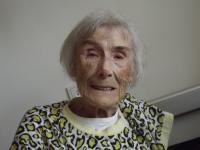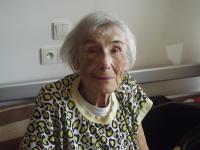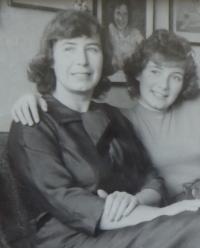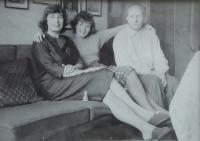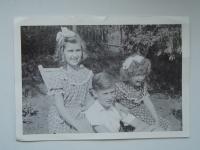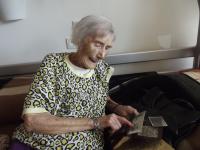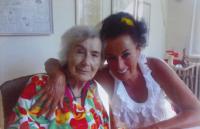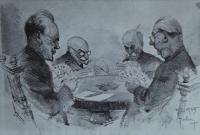I have never again met anyone like him
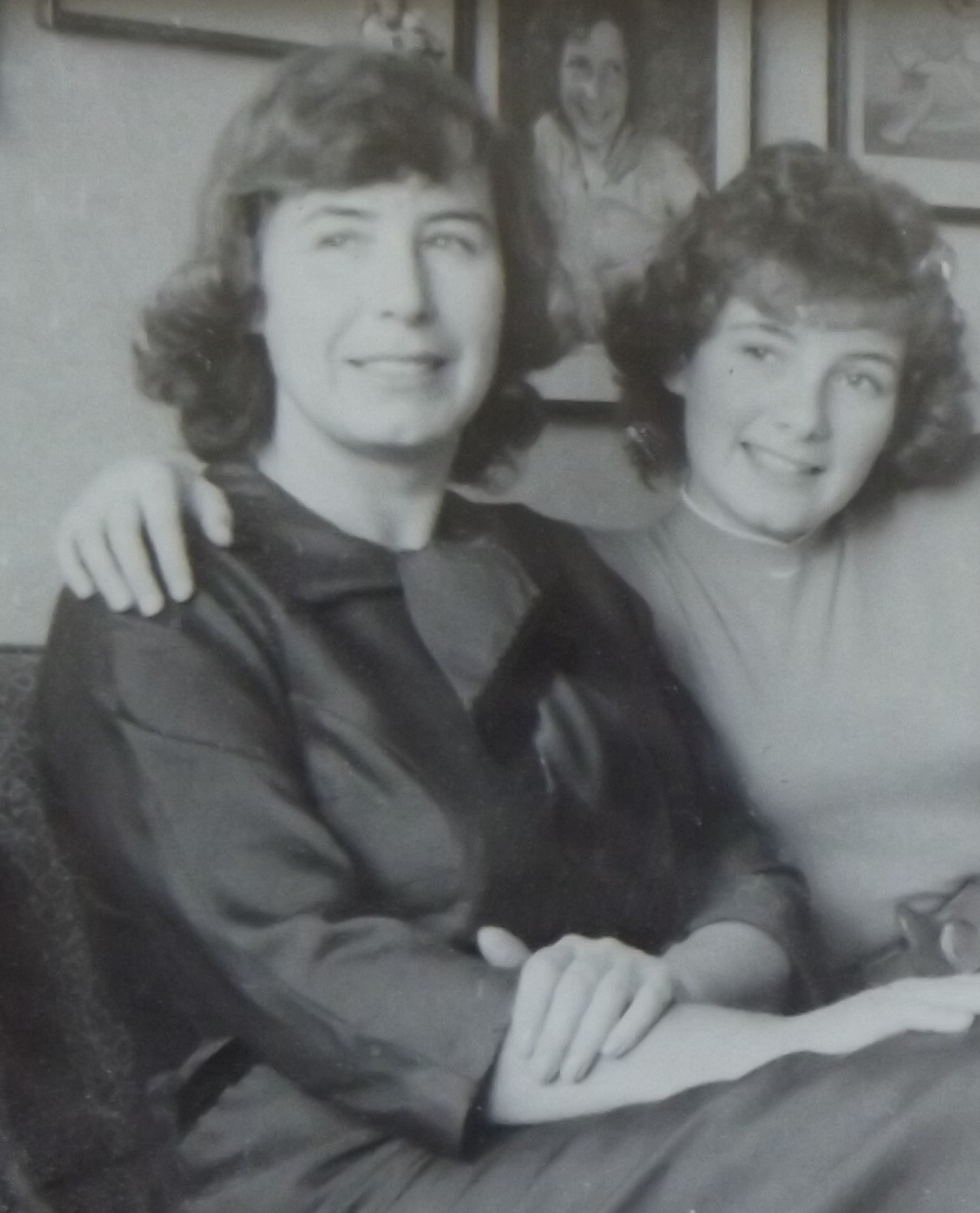
Download image
Věra Fischerová was born December 24, 1916 in Vienna. Her father Karel Pražák was an officer in the Austro-Hungarian army and he was teaching at the military academy during the First World War. After the establishment of Czechoslovakia the family moved to Prague where her father continued in his military career. Věra studied at the State Industrial School and found a job as a seamstress in the fashion studio Fenclová in Prague on the Národní Street. She got acquainted with Jan Fischer and they married in 1936. Three children were born after their wedding. The family lived in Prague-Motol and Jan Fischer worked as a newspaper and book illustrator and he was also producing his own paintings and graphic designs. During WWII he joined the anti-Nazi resistance movement and it was only by a miracle that he evaded arrest. Her father took part in protests against the rising communist regime after the liberation and he was imprisoned for one year after 1948. The family lost their apartment house in Hřebenky in Prague, a house whose past tenants included, among others, the writer Karel Poláček. Jan Fischer refused to work for the communist press and subsequently he was dismissed from the Union of Visual Artists and he lost all opportunities for publishing. After some time he found a job in a soft drink factory and later in the marketing department of the Meopta company. He died prematurely of meningitis in 1960. Věra Fischerová did not remarry after his death and she returned to her seamstress’ profession. She now lives in a retirement home in Prague.
